In many parts of the world, including the United States, Mother's Day is celebrated on the second Sunday of May. However, in Mexico, Mother’s Day, or Día de las Madres is celebrated every day 10 of May, regardless of what day of the week it falls on. This tradition has become one of the most celebrated holidays in Mexico, where Mexican families gather to celebrate their mothers. It is perhaps one of the most important Mexican parties to savor the typical dishes of Mexican food and enjoy traditional music and, if you are ever in Mexico during this day, good luck finding a table at a restaurant as all are full of families spending the day with their mothers.
But what is the origin of this celebration?
The first celebrations that honor motherhood date back to ancient civilizations. For example, in Egyptian mythology, Isis was worshiped as the "mother of all the gods," while in ancient Greece, celebrations were held in honor of Rhea, the mother of the Gods.
In the case of Mesoamerican cultures, the Mayans worshiped Ixchel, goddess of the moon, love, fertility, and gestation, and the Mexicas worshiped Tonatzin —a term used to designate different female deities— who was "the mother of everything that exists." In Aztec culture, where a divinity could have other names, Coatlicue, goddess of fertility, also received the name of Tonatzin.

However, the contemporary origin of Mother's Day can be traced back to the early 20th century. In the United States, Mother's Day was first celebrated in 1908, thanks to the efforts of Anna Jarvis. Her campaign for a national day to honor mothers quickly gained popularity, and in 1914, President Woodrow Wilson proclaimed the second Sunday in May as Mother's Day.
Mother's Day in Mexico
In the specific case of Mexico, Mother's Day can be traced back to 1922, when, inspired by the festivities in the United States, various newspapers and political actors began a campaign to request the government to institutionalize one day a year dedicated to celebrating Mexican mothers.
May 10th was chosen because it was the day it is the month consecrated to the Virgen de Guadalupe, who is considered a mother figure in Mexican culture, and the 10th because at that time in Mexico payday was every ten days. This made it an opportune time to honor all mothers and mother figures in Mexican society. Over time, Mother's Day became a popular holiday in Mexico and was embraced by both the government and the general population.

It is important to note that some scholars and intellectuals denounce Mother's Day celebration in Mexico as an attempt to limit women's rights and trace this celebration's origins to some years before that, more specifically to 1916 when the Government of the State of Yucatán supported the first Feminist Congress, where women sought to obtain their sexual rights, as well as to achieve a free and conscious motherhood.
As a response, various newspapers and political actors began a campaign to stop these proposals, branding them as immoral. Among them were José Vasconcelos, then Secretary of Public Education, who defended the role of motherhood as a Catholic and conservative one, and limiting womanhood to the role of mothers and caregivers, and Rafael Alducín, journalist and founder of the newspaper "Excelsior." It was Alducín who, influenced by Vasconcelos, launched a call on the newspaper's front page to request the government to institutionalize one day a year dedicated to Mexican mothers.
Mexico was the first country in Latin America to celebrate Mother's Day for the first time and, on May 10th, 1949, a large sculpture in honor of the mother was inaugurated in the capital with a plaque that read “a la que nos amó antes de conocernos [to the one who loved us before meeting us]”

What's the difference between Mother's Day in the US and Mexico?
Despite the controversy and/or problematic nature surrounding its origins, Mother's Day is one of the most important holidays in Mexico, and families come together to celebrate and honor their mothers and all women who are mothers. Although it is a holiday that is celebrated similarly to the US, there are some differences.
In the United States, Mother's Day is typically celebrated on the second Sunday in May, and it is a day for children to honor their mothers with gifts, cards, flowers, and special meals. Many families also gather for breakfast or dinner to celebrate the occasion.
In Mexico, Mother's Day is celebrated on May 10th, and it is a family-oriented holiday. Children often give their mothers gifts, such as flowers, chocolates, or handmade crafts. Families typically gather for a special meal, often at the mother's home or restaurants.

Another difference is that in Mexico, Mother's Day is often seen as a day to honor all women, not just our direct mothers. In Mexico, on May 10th, mothers are celebrated with their children, grandchildren, and other in-laws, so it also becomes the day to celebrate grandmothers, daughters, daughters-in-law, sisters-in-law, and all those women within a family that are mothers.
Of course, since Mexico is a country where Catholicism dominates as a religion and the veneration of the Virgin of Guadalupe is enormous, many celebrate what they consider to be the Mother of Mexico: la Virgen de Guadalupe, bringing her serenade and gifts, like any mother.
Mother's Day in Mexico is a day of music, banquets, and flowers. Traditional foods, such as pozole, enchiladas, mole, or cochinita pibil from Yucatán, are favorites on Mother's Day. The celebration begins first thing in the morning, most of the time with music; from the moment moms wake up on this special day, they are the center of everyone's attention. In fact, Mother's Day is one of the busiest days of the year for mariachi bands. The playlist usually includes "Las Mañanitas," which, interestingly, is also the traditional song for celebrating birthdays in Mexico.

Finally, it is worth mentioning that mothers of Mexican origin who live in the United States (or other places where May 10th is not celebrated) often celebrate Mother's Day twice: the 2nd Sunday of the month of May (Mother's Day) and May 10th.
As we approach this year's Mother's Day, it is important to take a moment to reflect on the incredible impact that mothers have on our lives and to show them our love and appreciation. Let us honor their work, lessons, and unconditional love.
---
So, what do you think? Did you know this about Mother’s Day in Mexico? How do you celebrate Mother's Day? What special traditions do you have to celebrate this day? Do you have any fond memories you’d like to share with us? We would love to read all about them so let us know in the comments below! Also, if you liked this article, remember that we share many more for those subscribed to our newsletter, so be sure to subscribe here!
Don't forget that in Lolo you can find the best gift ideas for all. Be sure to check out our gift idea selection where we give a suggestions of best-sellers that people have loved as gifts here!

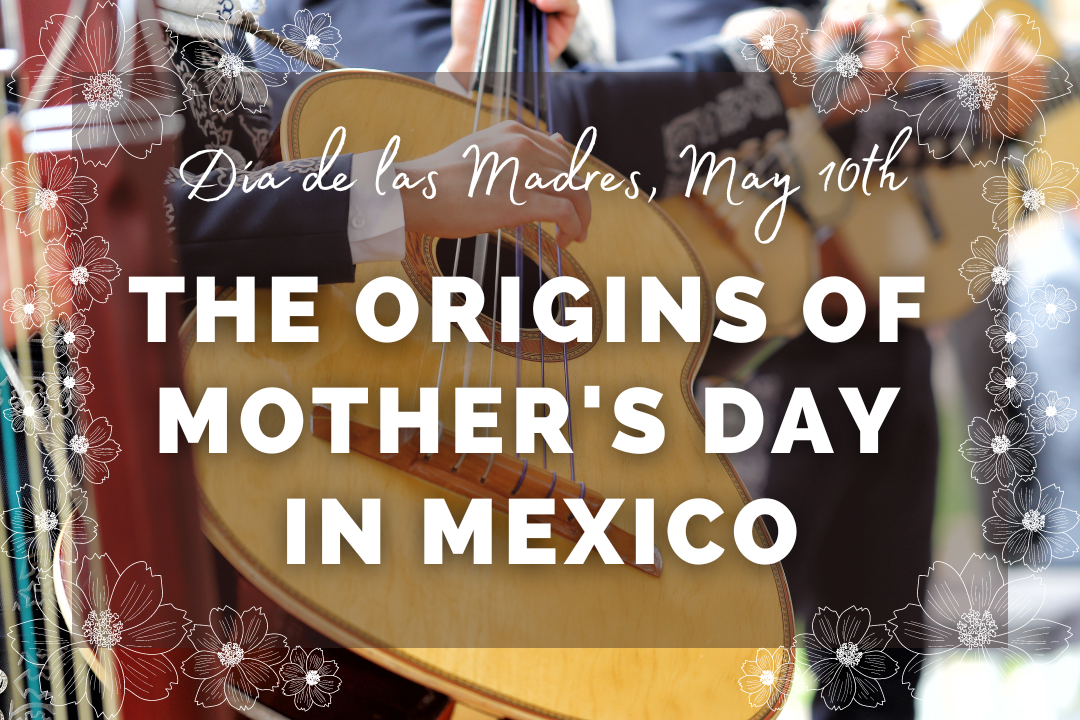

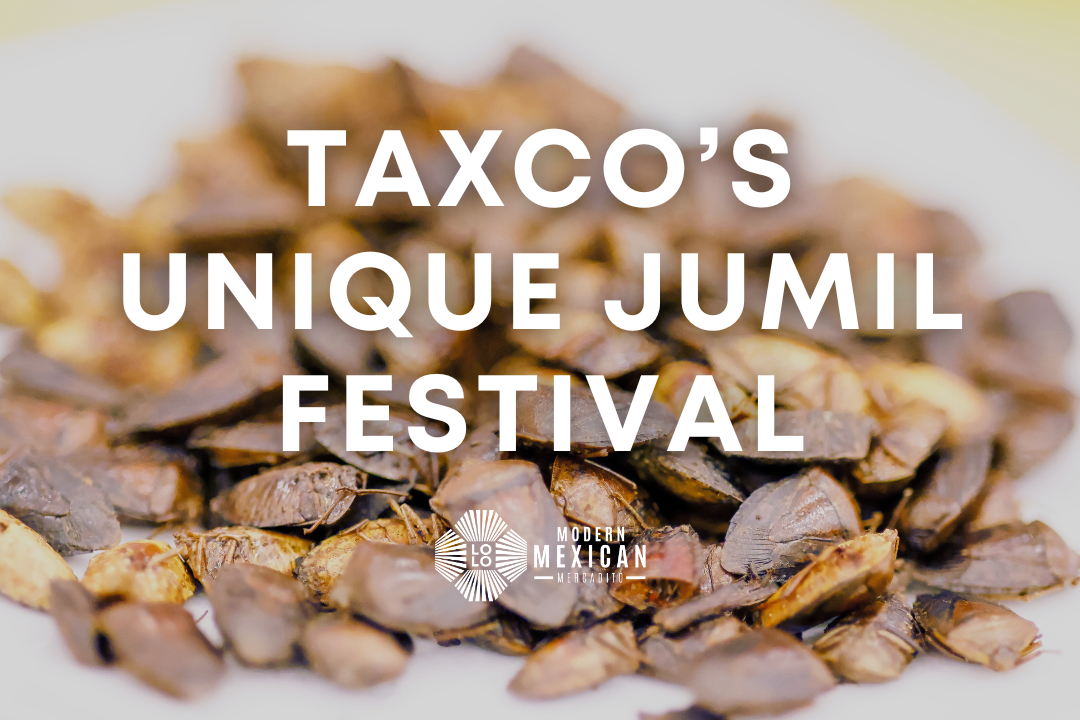
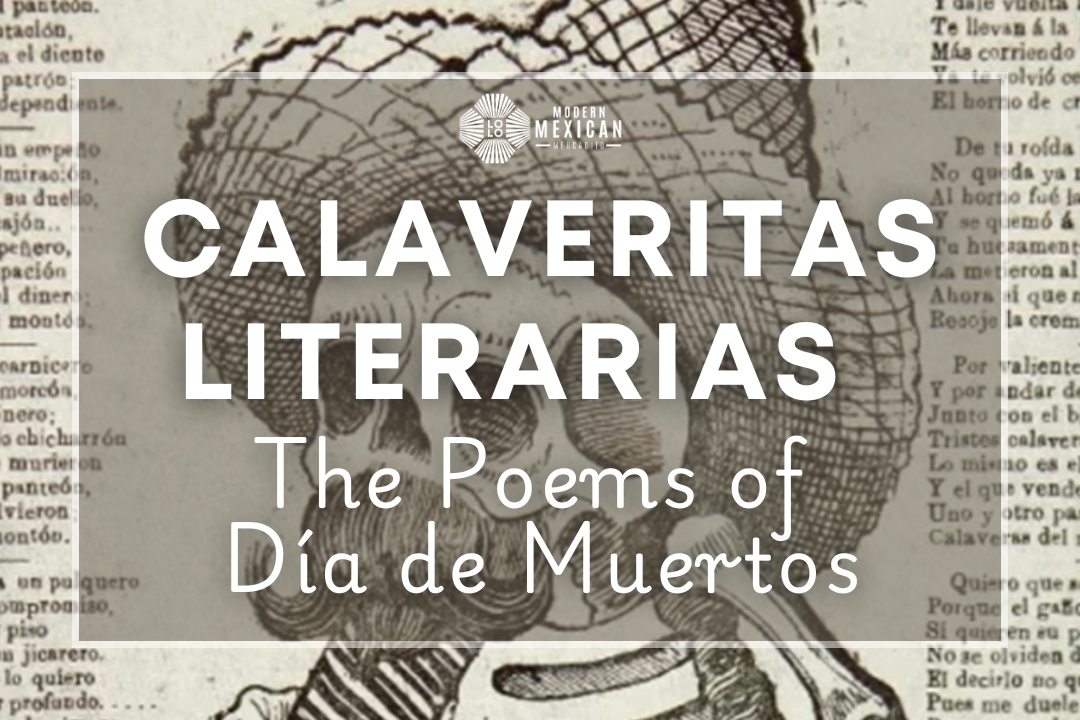
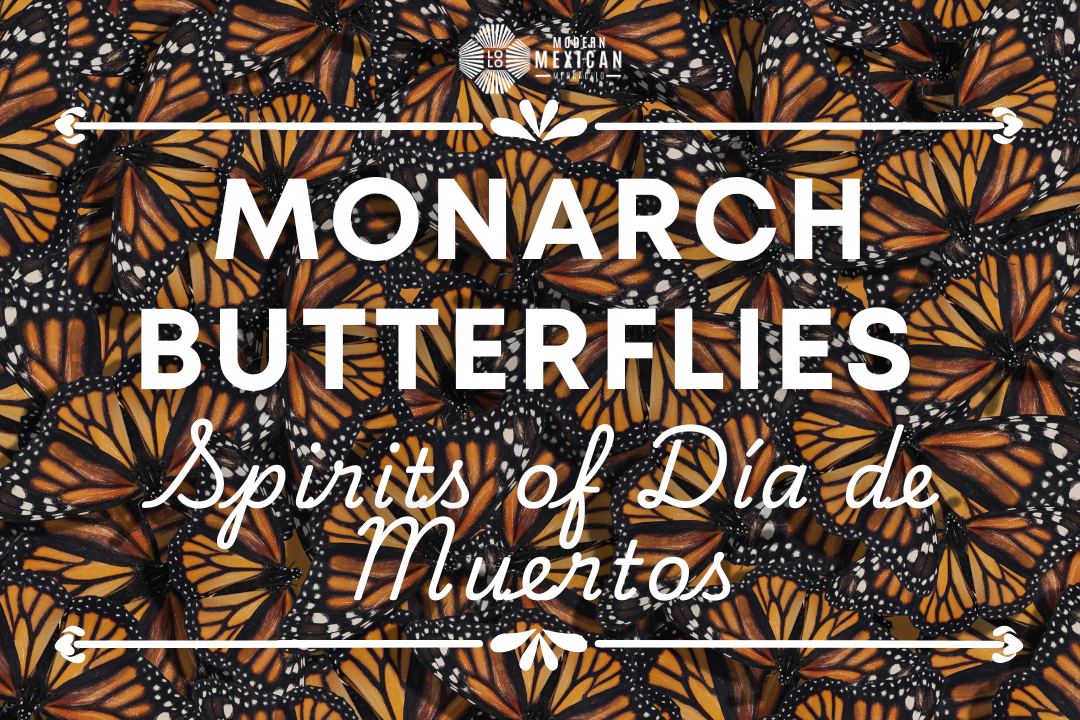
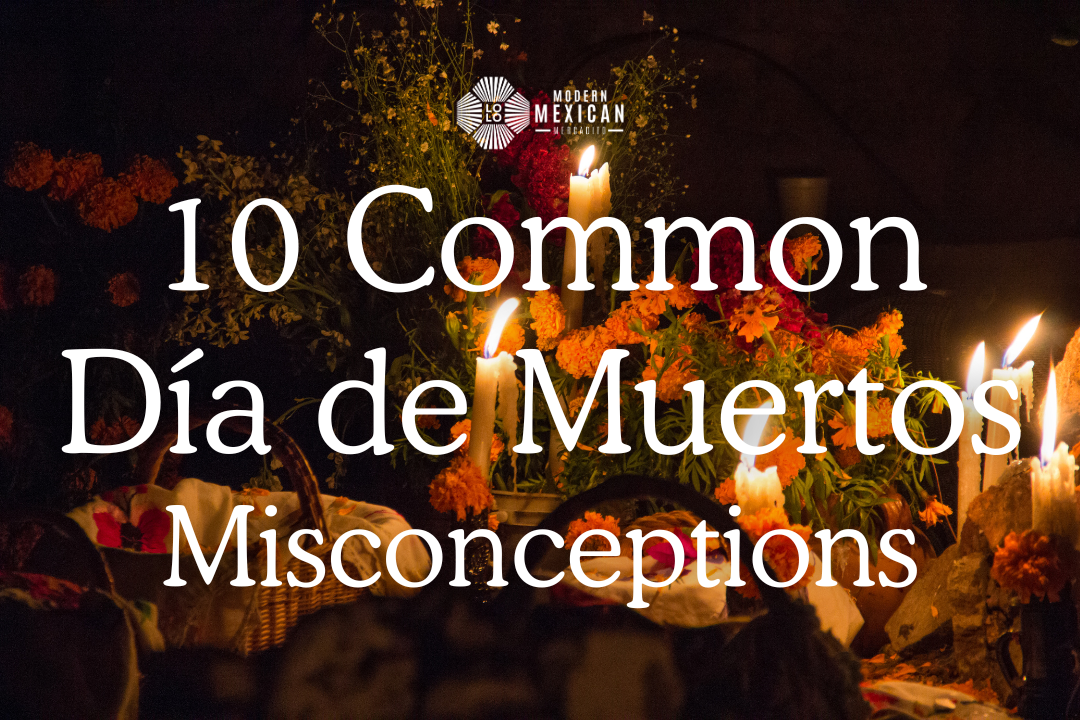
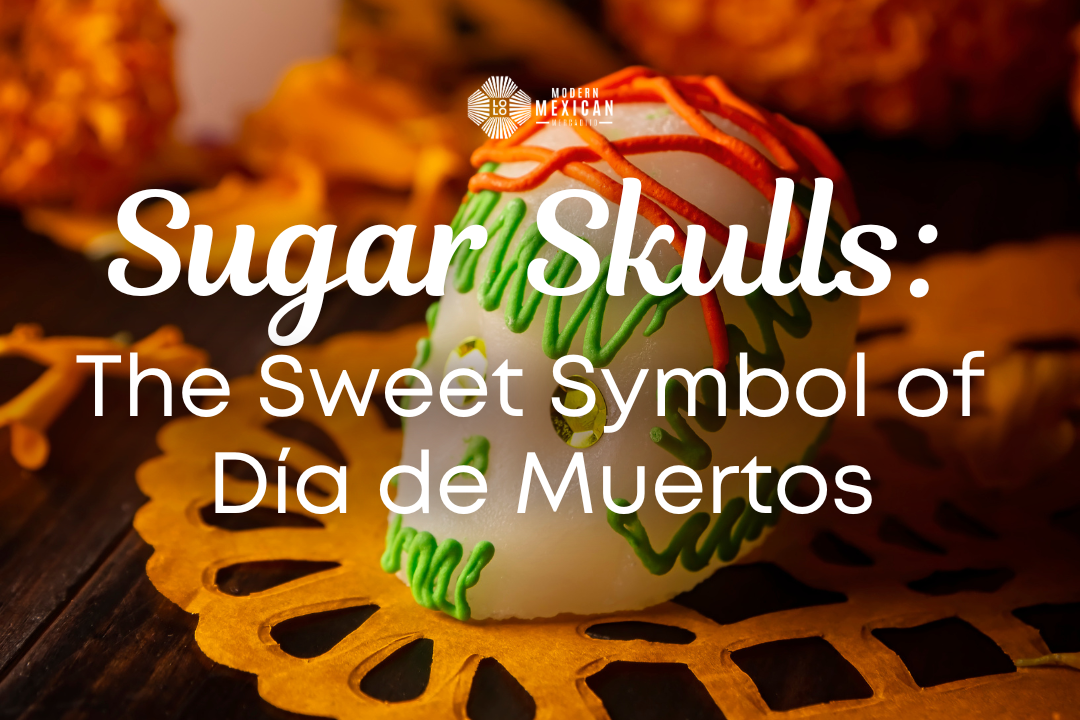

5 comments
Axcel Turman
“Another difference is that in Mexico, Mother’s Day is often seen as a day to honor all women, not just our direct mothers.” They literally already have woman’s month, whatchu mean. This day is special just for mothers.
Rocio Tapia
There is no mention of a special tribute that is paid to mothers at schools, the festivals where children present dances, poems, songs and plays for the mothers. I participated in a few of them. These festivals usually take place on May 9 or before because schools are closed on the 10th, so teachers can celebrate at home.
Mari
gracias siempre for these great pieces! feliz día a todas las mujeres y las mamás que nos amaron antes de conocernos <3
Chayo
Being Mexican-American; I celebrate both days!
Alicia Salgado
Thank you for a great blog. Totally relatable especially for those of us that live in the US. Even if our mothers have passed away, they get flowers on both Mother’s Days!